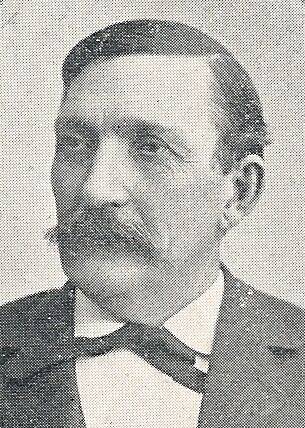Judge Hord is a lineal descendant of Thomas Hord, who was born in Essex county, Virginia, where, according to the records of said county, he purchased in November, 1736, a large tract of land. Little is known of this ancestor beyond the fact of his having become a man of influence in the above county, and taken an active interest in the settlement of the country and the development of its resources. He died in Virginia in 1766, and left several children who subsequently migrated to other parts, their descendants in due time locating in various central and western states.
Hon. Francis T. Hord, the subject's father, was born in the old Dominion state, but left there many years ago, moving with his family to Mason county, Kentucky, where he received his education and grew to maturity. In early life he studied law and after his admission to the bar rose rapidly in his profession and within a comparatively brief period became one of the leaders of his profession in Mason county. When the county seat was moved from Washington to Marysville, he changed his residence to the latter place where he continued to practice his profession during the remainder of a long and eventful life, achieving distinguished success the meanwhile and attaining an influential position among the lawyers of the state, long noted for the high order of its legal talent. In addition to the general practice he served with signal ability on the bench of the circuit, and was also an influential factor in state politics for many years, and at one time represented his senatorial district in the Legislature.
